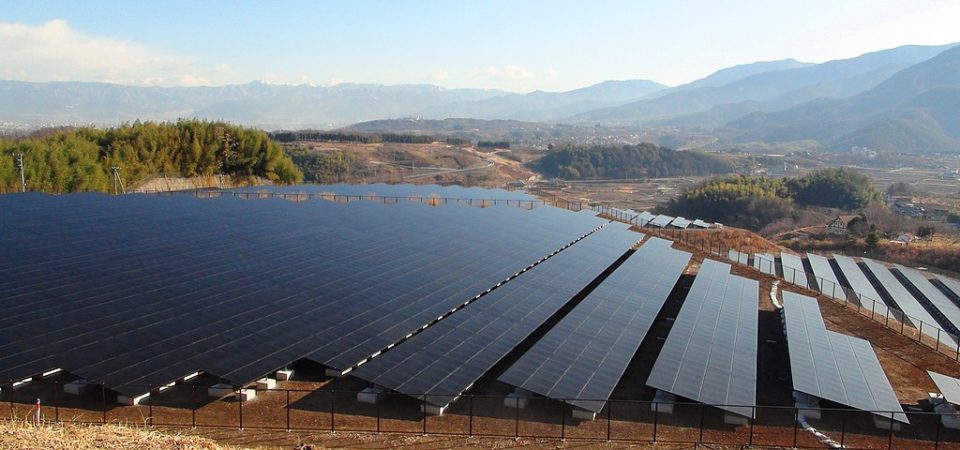Item Link: Access the Resource
Date of Publication: December 3
Year of Publication: 2022
Publisher: The Intercept/First Look Institute
Author(s): Christopher Ketcham
The dismal reality is that green energy will save not the complex web of life on Earth but the particular way of life of one domineering species.
Conservation biology finds itself in a terrifying place today, witness to mass extinction, helpless to stop the march of industrial Homo sapiens, the pillage of habitat, the loss of wildlands, and the impoverishment of ecosystems. Many of its leading figures are in despair. “I’m 40 years into conservation biology and I can tell you we are losing badly, getting our asses kicked,” Dan Ashe, director of the U.S. Fish and Wildlife Service under President Barack Obama, told me recently. “There are almost no reasons to be optimistic.”
This might explain the discipline’s desperate hitching of its wagon to the climate movement. Climate, after all, is the environmental cause du jour, eclipsing all other sustainability concerns, increasingly attractive as a rallying cry for a public that has canonized it as one of the major political, social, and economic issues of our time. Mainstream climate activism of the Bill McKibben variety points toward a grandly hopeful end within the confines of acceptable capitalist discourse: decarbonization of the global economy, with technologies driven by profit-seeking corporations subsidized by governments. Taking up this banner of optimistic can-do-ism, the environmental movement has convinced itself, and sought to convince the public, that with a worldwide build-out of renewable energy systems, humanity will power its dynamic industrial civilization with jobs-producing green machines while also — somehow — rescuing countless species from the brink.
“But this happens to be a lie,” Ashe told me. “The lie is that if we address the climate crisis, we will also solve the biodiversity crisis.”
Read the full article here.
The views and opinions expressed through the MAHB Website are those of the contributing authors and do not necessarily reflect an official position of the MAHB. The MAHB aims to share a range of perspectives and welcomes the discussions that they prompt.
